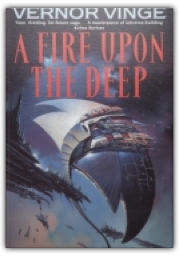
In this Hugo-winning 1991 SF novel, Vernor Vinge gives us a wild new cosmology, a galaxy-spanning "Net of a Million Lies", some finely imagined aliens, and much nail-biting suspense. 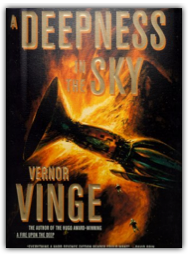
This hefty novel returns to the Universe of Vernor Vinge's 1973 Hugo win ner A Fire Upon the Deep—but 30,000 years earlier. It has the same sense of epic vastness despite happening mostly in one isolated solar system. Here there's a world of intelligent spider- creatures who traditionally hibernate through the "Deepest Darkness" of their strange variable sun's long "off" periods, when even the atmosphere freezes. Now science offers them an alternative. Meanwhile, attracted by spider radio transmissions, two human starfleets come exploring: merchants hoping for customers, and tyrants who want slaves. Their inevitable clash leaves only crippled remnants of both fleets, with power in the wrong hands, leading to a long wait in space until the spiders develop exploitable technology. Over the years Vinge builds compelling tension through multiple story lines and characters. In the sky, hopes of rebellion against tyranny continue despite soothing lies, brutal repression and a mental bondage that can convert people into literal tools. Down below, the engagingly sympathetic spiders have their own problems. In flashback, we see the grandiose ideals and ultimate betrayal of the merchant culture's founder, now among the human contingent and pretending to be a senile buffoon while plotting, plotting. Major revelations, ironies and payoffs follow. A powerful story in the grandest SF tradition. — David Langford 
It took Vonnegut more than 20 years to put his Dresden experiences into words. He explained, "there is nothing intelligent to say about a massacre. Everybody is supposed to be dead, to never say anything or want anything ever again." Slaughterhouse Five is a powerful novel incorporating a number of genres. Only those who have fought in wars can say whether it represents the experience well. However, what the novel does do is invite the reader to look at the absurdity of war. Human versus human, hedonist politicians pressing buttons and ordering millions to their deaths all for ideologies many cannot even comprehend. Flicking between the US, 1940's Germany and Tralfamadore, Vonnegut's semi- autobiographical protagonist Billy Pilgrim finds himself very lost. One minute he is being viewed as a specimen in a Tralfamadorian Zoo, the next he is wandering a post-apocalyptic city looking for corpses. Slaughterhouse Five-Or The Children's Crusade A Duty-Dance with Death is a remarkable blend of black humour, irony, the truth and the absurd. The author regards his work a "failure", millions of readers do not. Released the same time bombs were falling on South East Asia, this title caused controversy and awakening. Essential reading for all. So it goes. —Jon Smith 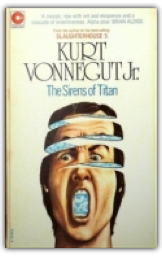
Kurt Vonnegut's second SF novel was published way back in 1959 but remains horribly timeless. For all the book's wild inventiveness, it's one of the most blackly nihilistic comedies ever published in the genre. The tragicomic godgame is presided over by Winston Niles Rumfoord, who has accidentally become a standing wave in space/time and knows the past and the future. Since the future is fixed, he can't change it even though it involves him arranging nasty fates for many people—in particular Malachi Constant, richest man in the world since his father's career of interpreting the Bible as a coded guide to the stockmarket. Despite his struggles, Constant is destined for a grimly comic pilgrimage around the Solar System to Titan, home since 203,117 BC of the visiting alien Salo whose presence has warped the whole of human history. Salo's far-off people manipulated us into building Stonehenge, the Great Wall of China and other vast constructions as reassuring signals to their stranded emissary—who himself is carrying a message of truly cosmic unimportance. Small wonder that Rumfoord tries to cheer up humanity by founding the Church of God the Utterly Indifferent. Vonnegut scatters crazed ideas in all directions, forcing you into painful laughter at the grandiose futility of his cosmos. Another worthy Millennium SF Masterworks classic. —David Langford |

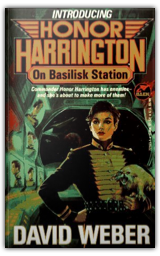
On Basilisk Station (or "HH1" as it's known to the faithful) is the first instalment in David Weber's cult hit Honor Harrington series, which has charmed the socks off schoolgirls and sailors alike. Honor—the heroine of this fast-paced, addictive space opera—is a polished, plucky bulldog of a naval officer, part Horatio Hornblower, part Miles Vorkosigan, part Captain Janeway, and with a razor-clawed telepathic cat thrown over her shoulder for good measure. 
"Why in Christ's name can the woman never bring a ship back intact?" muses Hamish Alexander at the triumphant return of Honor Harrington in Ashes of Victory, the apparent resurrection of a woman he'd seen executed by the Peeps some two years earlier. Yep, she's back: minus a left arm and an eye, minus a few inches of hair, and more than a little banged up in the process, the indestructible, ever-resilient Honor is back from the dead—and she's got some 400,000 liberated POWs from Hades in tow for good measure. 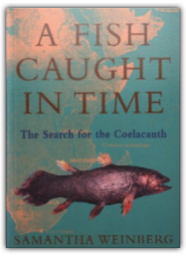
This witty account of the current state of play in the search for extant species of the coelacanth, the living fish which may be descended from the ancestors of all land life, starts, as it has to, with Marjorie Latimer, the curator of a small museum, who had been taught her palaeontology by very strict nuns. When a fisherman showed her an odd fish, she instantly recognised it as supposedly extinct for millions of years. Several years later, after endless promises of rewards, the first of many coelacanths was fished out of the sea round the Comoros—they were being thrown back since time immemorial because they are not good eating and have a strongly laxative effect. There followed an unedifying tale of national rivalry—South African and French skulduggery and national pride in dead fish—a risk of a final extinction caused by Chinese herbalists, and discoveries of more fish off Madagascar and Indonesia. Weinberg knows what is important and what is not, but does not let good stories go unnoticed all the same. Her command of the details is impressive—you come away knowing what the excitement was all about. The account is excellent and humane, if cute—and the cliffhangers about extinction and possible other habitats are exciting as well. —Roz Kaveney |

Mike Scott
Collection Total:
4227 Items
4227 Items
Last Updated:
Feb 21, 2010
Feb 21, 2010
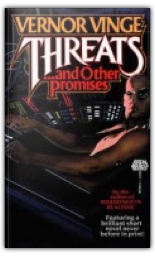

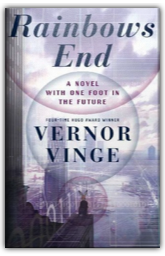
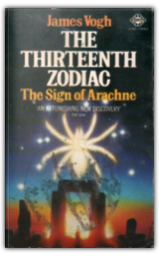
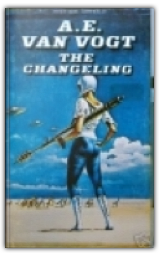
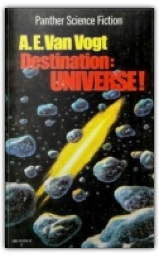
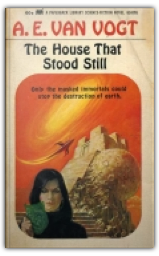
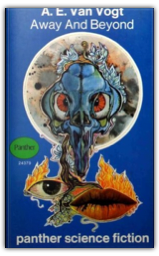
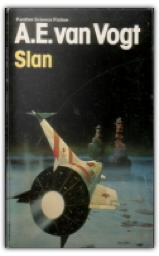
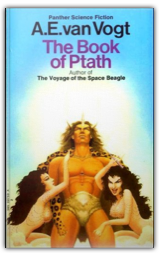

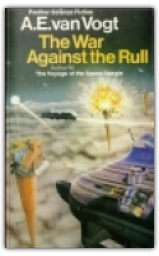
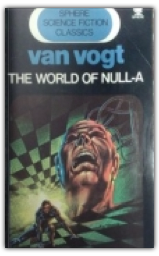
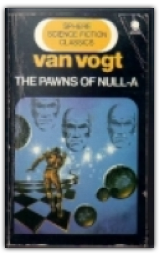
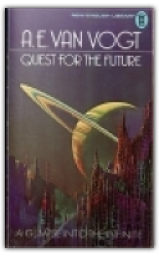
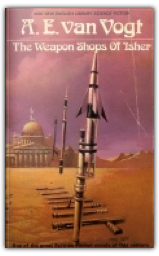
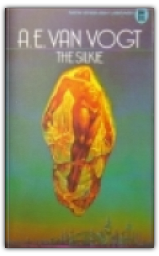
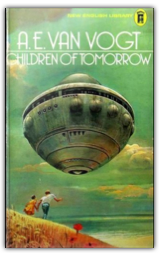
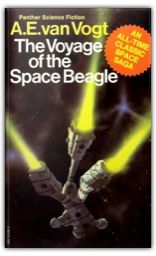
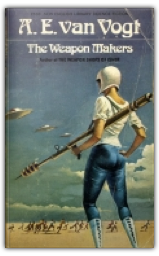
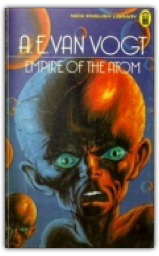
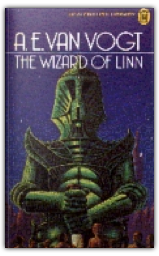
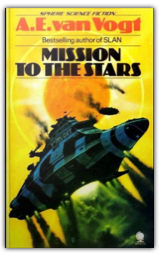
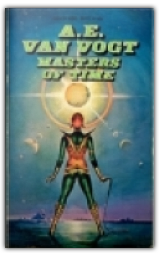
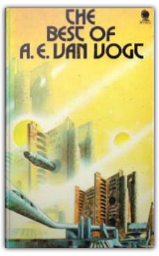
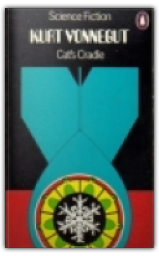

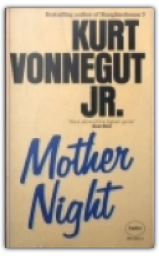
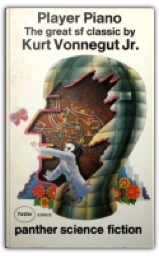
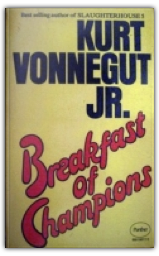

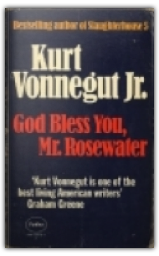
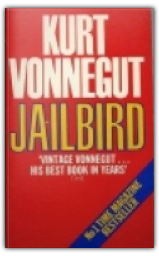
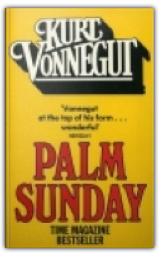
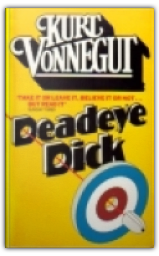
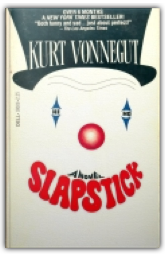

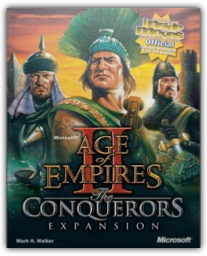
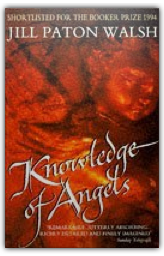
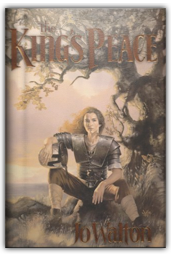

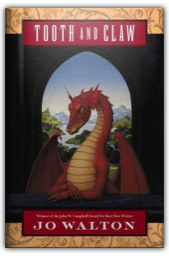
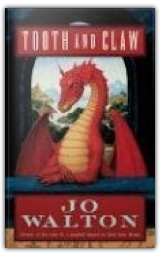
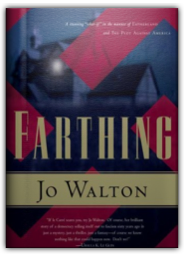


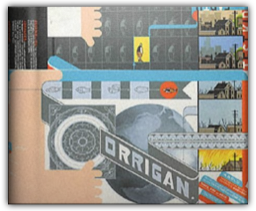
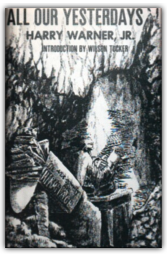
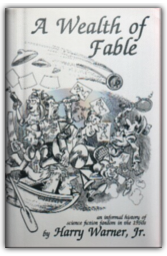
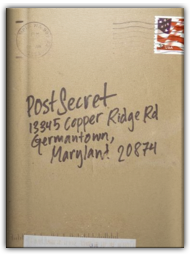
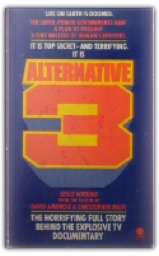


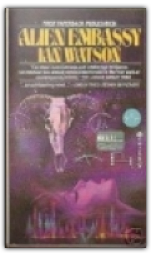
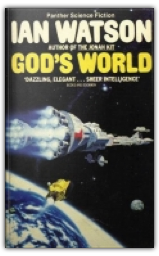
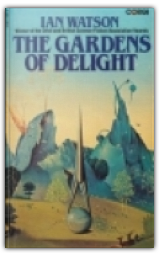
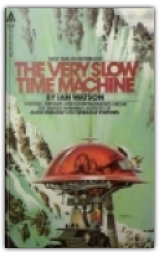

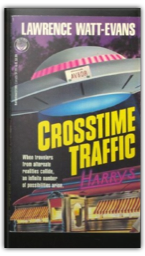


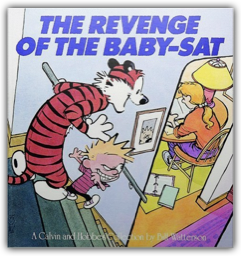


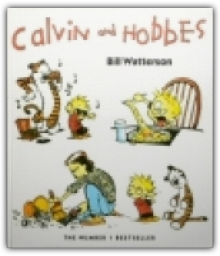
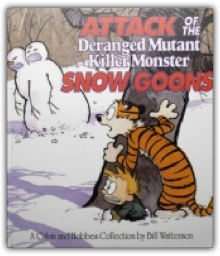


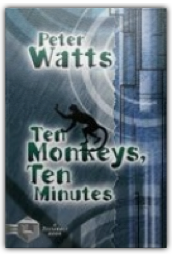

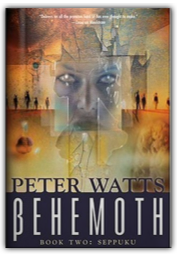



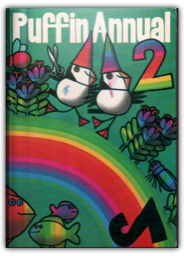
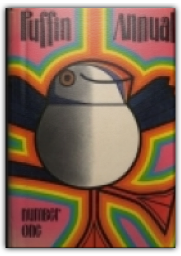

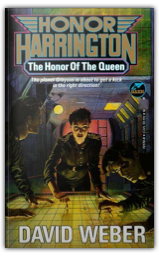
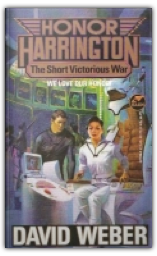

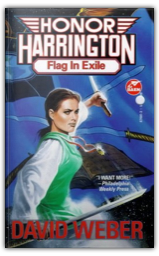
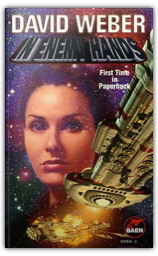
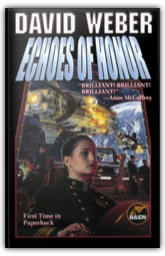
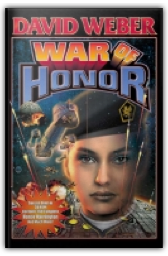
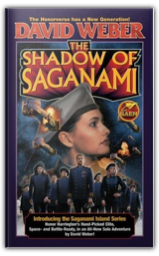
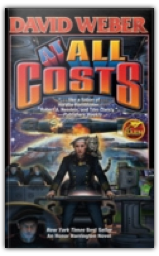
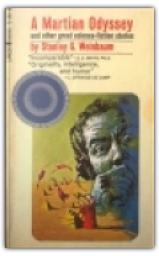
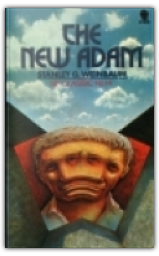
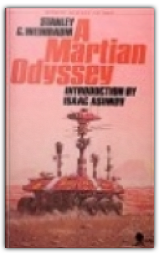
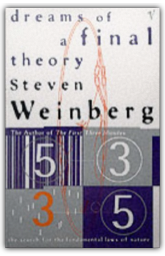
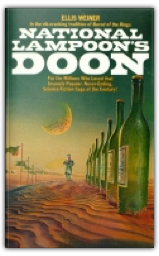


 Made with Delicious Library
Made with Delicious Library